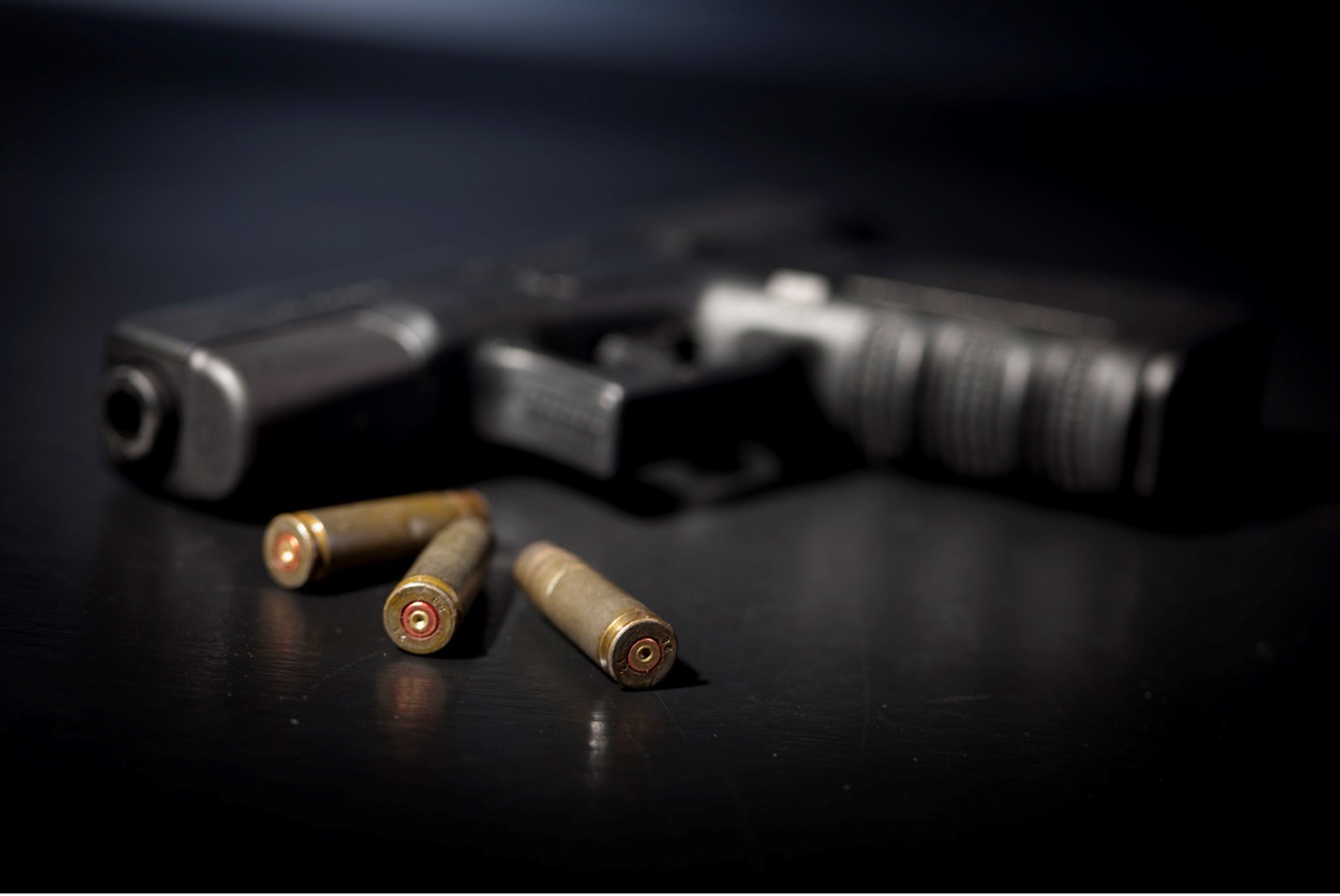
Navigating Florida’s firearm laws requires clarity to evade potential legal pitfalls. Understanding whether you can legally carry a firearm in the Sunshine State is crucial for residents and visitors alike.
Obtaining a Concealed Weapons Permit (CWP) is often the gateway to lawful firearm possession, but the repercussions of disregarding permit requirements can lead to severe weapons charges.
With regulations governing everything from concealed carry to open carry, knowing the ins and outs of Florida’s firearm statutes is paramount. Join us as we delve into the intricacies of firearm possession in Florida and learn how to avoid any sever consequences.
What is a Firearm?
In the state of Florida, a firearm encompasses various implements, including conventional guns, starter guns, silencers, and firearm components like receivers or frames. Machine guns fall within this category as well. However, antique guns crafted prior to 1918 typically don’t qualify unless utilized in criminal activities.
Interestingly, individuals are permitted to carry chemical sprays or electric stun guns, such as Tasers, concealed for self-defense purposes without requiring a concealed weapons license, provided their use aligns with lawful intentions.
Concealed Weapons Permit
In Florida, possessing a Concealed Weapons Permit grants individuals the authority to carry lethal arms discreetly. Issued by the Florida Department of Agriculture and Consumer Services, this permit bestows legal permission to conceal firearms and other deadly weapons.
While Florida acknowledges concealed carry permits from certain states, it does not extend reciprocity to others, notably excluding permits from jurisdictions like New York and California.
This permit thus serves as a formal endorsement, enabling holders to responsibly exercise their right to carry concealed weapons within the bounds of Florida’s regulatory framework.
Exceptions and Punishments
Exceptions to Florida’s Concealed Weapons Permit laws include allowances for individuals to transport firearms in their vehicles if securely encased or not readily accessible. Having an experienced weapons charges attorney at your side can really help with exceptions such as this one to the law.
However, carrying concealed firearms without a permit constitutes a felony, penalized with up to five years in prison and a fine up to $5,000. Repeat offenders with prior violent crime convictions face heightened sentences of up to 10 years.
Possession of other concealed weapons results in first-degree misdemeanor charges, punishable by a maximum of one year in jail and a fine up to $1,000.
Open carry, even with a concealed weapons permit, is illegal and classified as a second-degree misdemeanor, carrying penalties of up to 60 days in jail and a fine up to $500. These strict regulations aim to maintain public safety and regulate firearm possession effectively.
Robert Dees: Your Weapons Charges’ Attorney in Pensacola
Navigating Florida’s firearm laws demands attention to detail and adherence to regulations to avoid the serious consequences of weapons charges. Whether considering concealed carry permits or understanding exceptions and punishments, staying informed is crucial.
If you find yourself facing weapons charges in the Pensacola area, don’t hesitate to seek legal counsel. Contact Robert A. Dees today for a free consultation. With his expertise and dedication, you can navigate the legal process with confidence and work towards the best possible outcome for your case.
